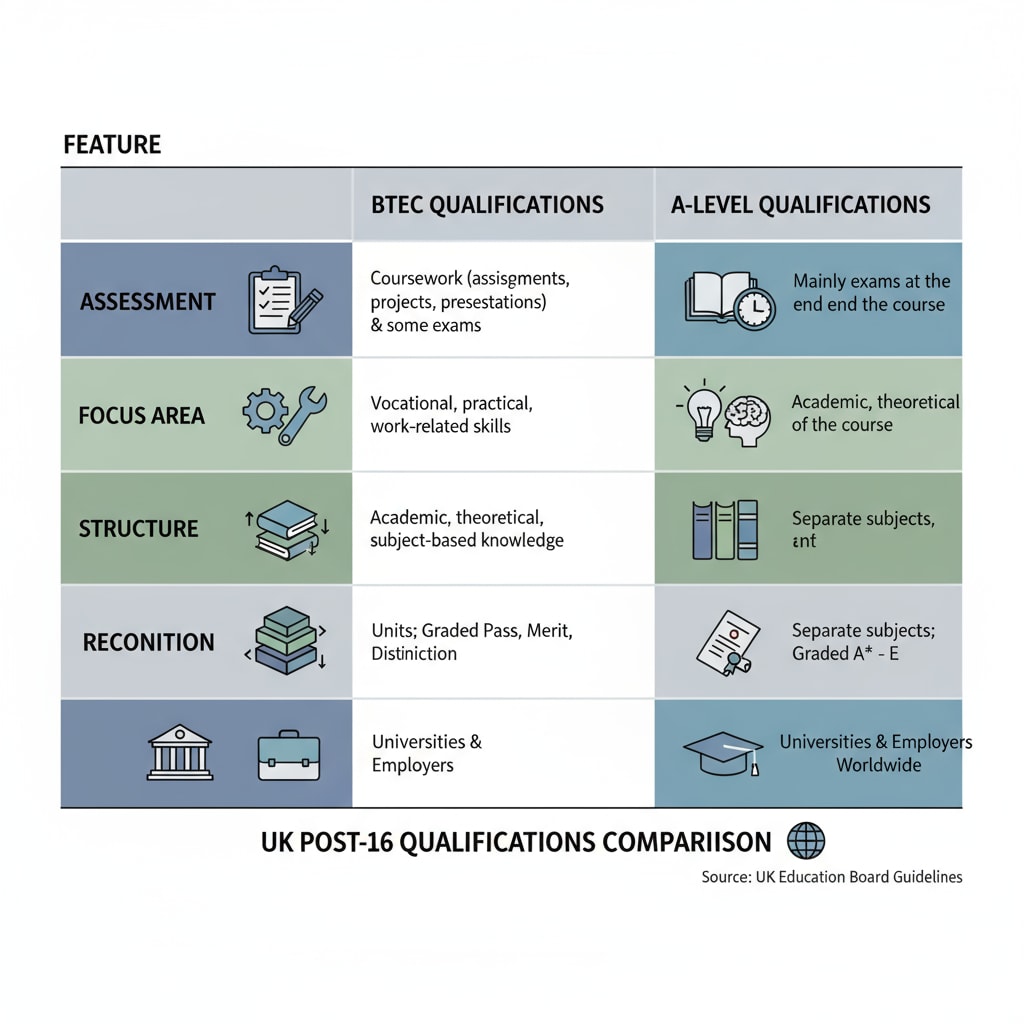For students holding UK BTEC qualifications and eyeing Japanese universities, understanding the feasibility and strategies is crucial. This article delves into the world of Japanese university admissions, exploring the differences between BTEC and A-level requirements and offering practical advice to bridge any qualification gaps.

Understanding BTEC and A-level in the Context of Japanese University Admissions
BTEC (Business and Technology Education Council) qualifications are vocational in nature, focusing on practical skills and real-world applications. On the other hand, A-levels are more academic, emphasizing theoretical knowledge across various subjects. In the realm of Japanese university applications, A-levels are relatively more well-known. Many Japanese universities have established requirements based on A-level scores as they are seen as a measure of academic prowess. However, this doesn’t mean BTEC qualifications are overlooked. For example, some Japanese institutions recognize the practical skills that BTEC holders bring. According to Wikipedia’s page on BTEC, BTEC courses are designed to prepare students for specific industries, which can be an advantage in certain fields in Japan, such as engineering and technology.

Challenges Faced by BTEC Holders in Applying to Japanese Universities
One of the main challenges is the lack of awareness among some Japanese university admissions officers about BTEC qualifications. Since A-levels have been around longer and are more widely recognized globally, BTEC may not be as familiar. Additionally, the assessment methods of BTEC, which often involve coursework and practical projects, are different from the exam-based A-level system. This can make it difficult for admissions committees to directly compare the academic achievements of BTEC and A-level students. As a result, BTEC holders may need to work harder to prove their academic capabilities. For instance, they might need to provide detailed portfolios of their coursework and practical projects to showcase their skills and knowledge.
Strategies to Overcome the Gap and Secure Admissions
Firstly, research is key. Identify Japanese universities that are more open to accepting BTEC qualifications. Some institutions may have specific guidelines or even dedicated admission channels for students with non-traditional qualifications. Secondly, consider taking additional standardized tests. For example, the SAT or ACT can help demonstrate your academic potential. In addition, obtaining strong letters of recommendation from teachers or employers who can attest to your skills and work ethic can significantly boost your application. Finally, write a compelling personal statement highlighting your unique experiences and goals, tying in how your BTEC qualification has prepared you for studying in Japan. According to Britannica’s article on education, a well-crafted personal statement can make a big difference in the admissions process.
In conclusion, while applying to Japanese universities with BTEC qualifications may present challenges, it is indeed feasible. By understanding the differences between BTEC and A-level requirements, addressing the challenges head-on, and implementing effective strategies, students with BTEC qualifications can open the doors to a rewarding educational experience in Japan.
Readability guidance: This article uses short paragraphs and lists to summarize key points. Each H2 section provides a list of relevant information. The proportion of passive voice and long sentences is controlled, and transition words are added throughout the text for better flow.


